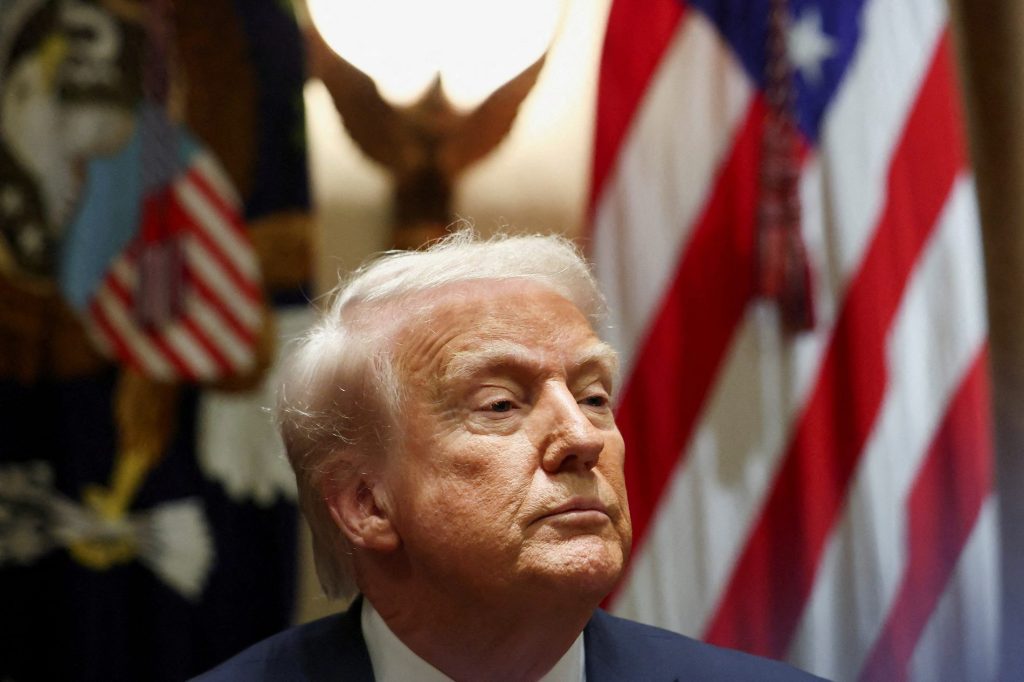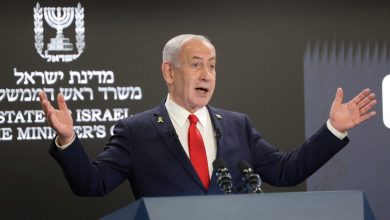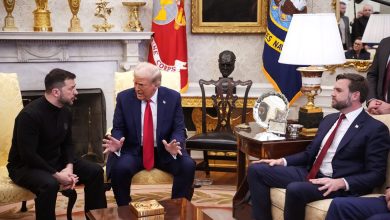Trump Moves to Ban Mail-In Voting with Executive Order Ahead of 2026 Elections
President Donald Trump plans to ban mail-in and electronic voting through a new executive order.
Democrats call it unconstitutional voter suppression, while Republicans hail it as protecting election integrity.
President Donald Trump has unveiled plans to sign an executive order prohibiting mail-in and electronic voting ahead of the 2026 midterm elections, escalating long-running disputes over election integrity.

In a post on his Truth Social platform, Trump described mail-in ballots as the “MAIL-IN BALLOT HOAX” and argued that only watermarked paper ballots can guarantee secure elections. He claimed the proposed measure would safeguard democracy by eliminating avenues for what he alleges is widespread fraud.
The announcement immediately ignited sharp reactions across the political spectrum. Democrats and legal scholars criticized the action as unconstitutional, emphasizing that the U.S. Constitution grants authority to the states. The president does not have the power to oversee
elections.
California Governor Gavin Newsom warned that the order amounts to “voter suppression on a massive scale,” particularly for vulnerable groups such as seniors, people with disabilities, and military personnel stationed abroad.
On the other hand, some Republicans have rallied behind the proposal. Representative Marjorie Taylor Greene applauded Trump’s plan, calling it a “bold step to restore trust in American elections.” Several other conservative figures echoed similar sentiments, framing the measure as a necessary response to what they allege are systemic weaknesses in mail-in voting.
If enacted, the order could dramatically disrupt voting logistics for millions of Americans. Data from the U.S. Election Assistance Commission shows that mail-in and absentee ballots accounted for nearly 46% of votes in the 2020 election, and the practice has become an essential option for military personnel, rural communities, and seniors. Critics argue that eliminating it could disenfranchise entire voter blocs and trigger lengthy legal challenges.
It should be noted that any such executive order would face immediate lawsuits and likely be struck down in court. “The president does not have the authority to dictate how states run their elections unilaterally,” said Richard Hasen, an election law professor at UCLA. “This would represent one of the most aggressive federal overreaches into state election administration in modern history.”
The controversy comes amid continuing disputes over the 2020 election, where Trump has repeatedly made unproven claims of fraud. His renewed push suggests election security will remain a central theme for Republicans as the 2026 midterms draw closer.
With Democrats vowing to fight the measure in court and Republicans sharpening their focus on election integrity, the stage is set for another contentious election cycle.



